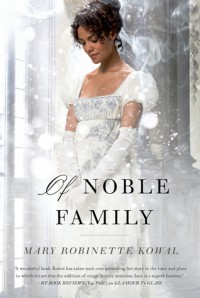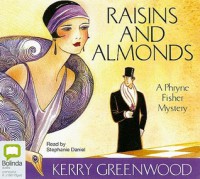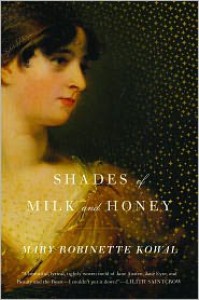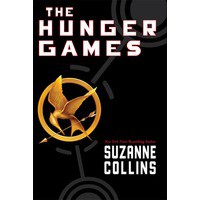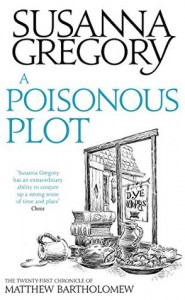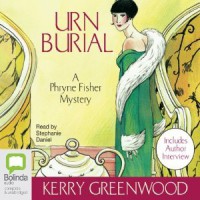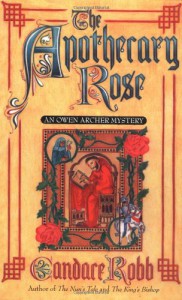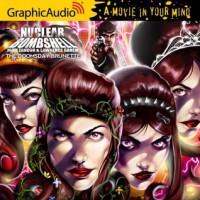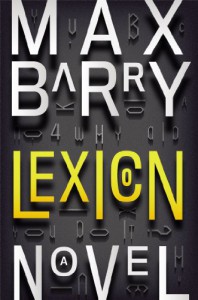Leviathan Wakes

Space Opera as a genre for a long time had a bad name. It was the "pulp" science fiction, generally considered low quality, low-brow and without literary merit. Needless to say, I have always loved it.
It's back in vogue now, and with some real heavyweights producing some amazing work set against vast backgrounds full of aliens, wonders, conspiracies and good old-fashioned human foibles.
Leviathan Wakes, the first novel by a pair of well known authors using the name James S. A. Corey, has all of those and more. Two very different protagonists, representing very different ways of looking at the galaxy, are both drawn into a plot that has been years in the planning. A plot involving solar system wide war, the murder of millions in a science experiment, and the creation of.. something... that could put the future of the entire human race at risk.
Two things really stick out about this story. Firstly, the emotional content. This is a novel of feeling human beings. Science fiction, being the literature of ideas, often has a muted emotional quality as the intellect is given center stage; whereas emotions, psychology and the damage events can have on people and their viewpoints are very much a central theme of this novel, and done well.
The second is a small thing, a detail. It struck me the way the crew of one of the main characters, a ship captain, interact with him. They are very relaxed, very coarse, very much like people I have known and met in my own life. That this stands out enough, even in retrospect, for me to mention it is a sign of how rarely I have seen this done in shipboard science fiction. Often, ship-focused science fiction is military science fiction, where even the traditional "swearing, down to earth nco's" have a certain amount of decorum and restraint that is totally lacking in this crew.
It was offputting at first, later amusing, and often quite hilarious. It added something indefinable to the novel, the characterisation of that crew, that everything else seems to orbit. I was thinking about them, and the easy camaraderie, even after I put the book down. Whatever else is enjoyable about the book, the clever plot, the beautiful setting - it is these author's talent with characterisation that is going to live longest in my memory.
Recommended to all fans of Space Opera and Adventure Science Fiction.

